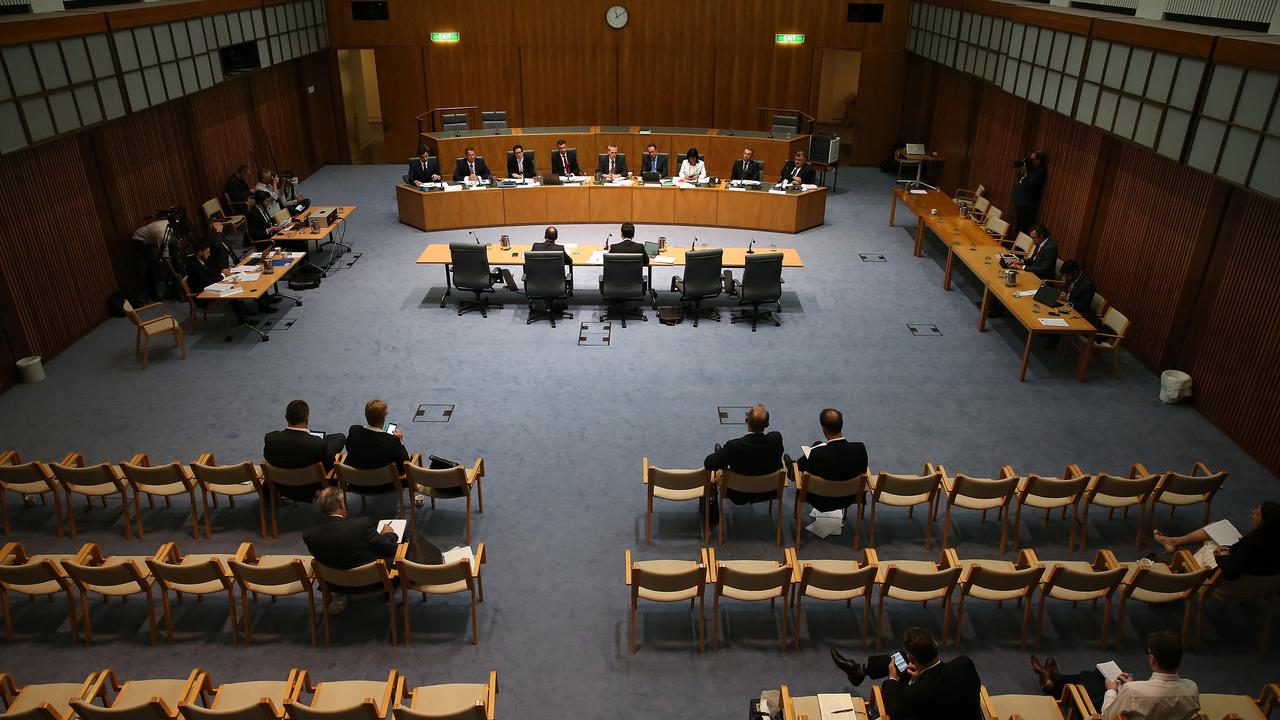If I was in the US I would be voting for Clinton because she clearly understands that new jobs are going to come from small business in the modern environment but, given the state of the US, Trump has a very good chance of winning because he has a simple plan — raise tariffs and modify trade deals; cut taxes and bring back the trillions of US dollars marooned abroad by the US tax system.
LIVE: Watch Trump v Clinton debate
Last night’s Wall Street weakness was in part due to a fear Trump would win today’s debate and become President on the back of a US isolationist policy. The fact that he didn’t achieve a clear win helped our markets but we’ve still got a long way to go.
And, as I will explain at the end of the commentary, if any of the various Islamic terror organisations decide they want to exploit the weakness of the “New US”, then world markets will face a very dangerous situation.
The Atlantic Monthly paints an incredible of the current picture of young men in the “New US”.
Using the analysis of Erik Hurst, an economist at the University of Chicago, the magazine reveals that last year around 22 per cent of lower-skilled men (those without a college degree) aged between 21 and 30 had not worked at all during the prior twelve months. These male high-school grads used to be the most dependable working cohort in America. Now one in five are essentially idle. It has triggered a cultural, economic, and social decline. These younger, lower-skilled men are now less likely to work, less likely to marry, and more likely to live with parents or close relatives.
Hurst’s research has shown that three quarters of their additional leisure time is spent with video games. They have disconnected from both the labour market and the dating pool. They are on track to grow up without spouses, families, or a work history. Yet these young men self-report higher satisfaction than when the employment rate for men in this age bracket was much higher.
At the other end of the social spectrum, wealthy men in the US are the world’s chief workaholics. They work longer hours than poorer men in the US and rich men in other advanced countries. In the last generation, they have reduced their leisure time by more than any other demographic.
Writers and economists from half a century ago and longer anticipated that the future would buy more leisure time for wealthy workers in America. Instead, it just bought them more work. Meanwhile, overall leisure has increased, but it’s the less-skilled poor who are soaking up all the free time, even though they would have the most to gain from working.
Atlantic Monthy puts forward three reasons for the development of the “New US”.
1. The availability of attractive work for poor men (especially black men) is falling, as the availability of cheap entertainment is rising.
2. Social forces cultivate a conspicuous industriousness (even workaholism) among affluent college graduates.
3. Leisure is getting “leaky.”: Thanks to smartphones and computers, leisure activity is leaking into work, and work, too, is leaking into leisure.
In Australia the work of Morgan Research shows that Australia’s real unemployed and underemployed exceeds 20 per cent of the population and I suspect it is concentrated among younger males, as in the US. But Morgan reports a greater degree of stress among Australian young than the Atlantic Monthly is reporting in the US. I suspect that what Morgan has found in Australia will be duplicated in the US.
And in both the US and Australia the problem is going to get worse, because computerisation will devastate employment in professions as it has in manufacturing. Australia will suffer even more than the US because of our rigid labour laws.
In Australia the best answer I have seen is to foster contracting so that entrepreneurs can pick up youngsters. The unfair contracts legislation was the start of this process but there is more to come.
In the US the Trump answer is blunt — put up the tariff barriers against China and Mexico to promote American employment; curb immigration and deport some groups. He is also going to lower taxes.
My fear is that the US group of male unemployed or underemployed men is a social tinderbox.
What if Islamic terrorists decided to attack the US during the election campaign? For Trump that would be the Australian equivalent of a Petrov under Menzies or a Tampa under Howard (Thanks, John for a magnificent ABC TV series on Menzies).
Almost certainly Trump would go back to the strong steps that he promoted when he started his campaign and would get very tough on minorities if he then he became president.
But the New US is not a cohesive society.
We would face very dangerous times.
Follow the debate live at www.theaustralian.com.au from 11.00am AEST






As Hillary Clinton and Donald Trump debate what they plan for America, they are looking at a nation different to anything we have seen for centuries. Neither of them grasp the full magnitude of the task they have ahead of them.